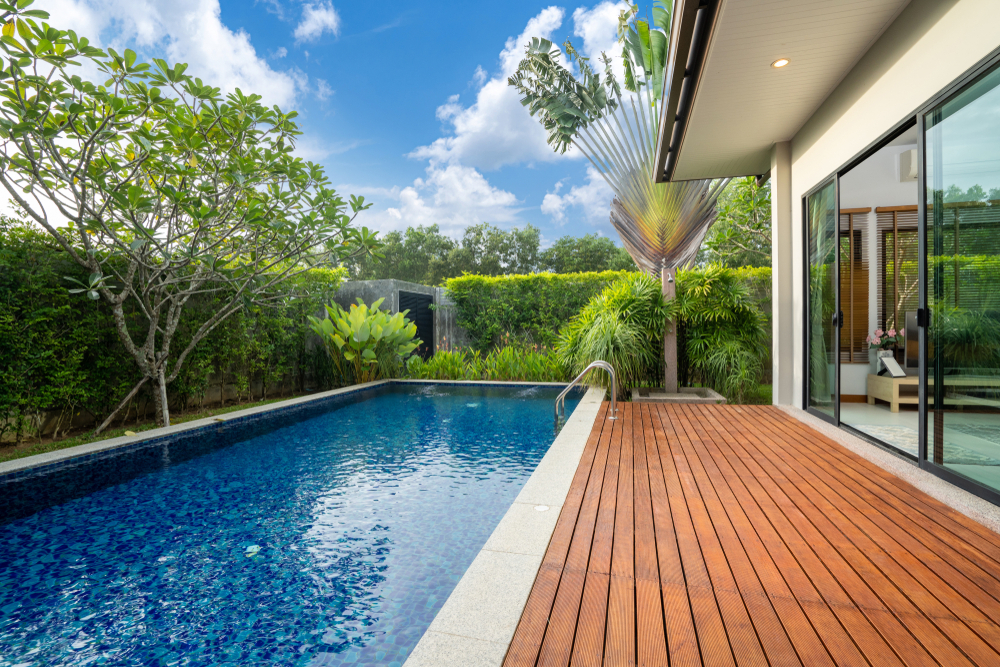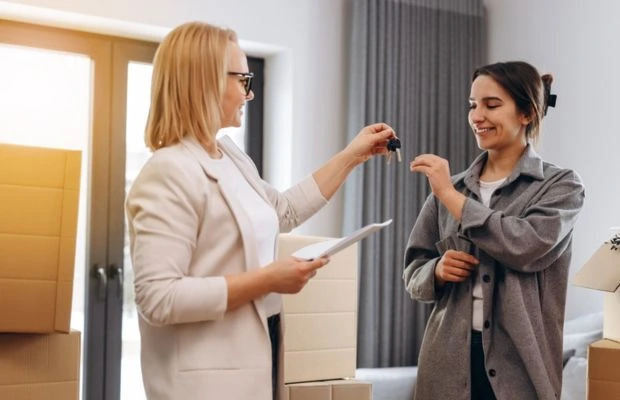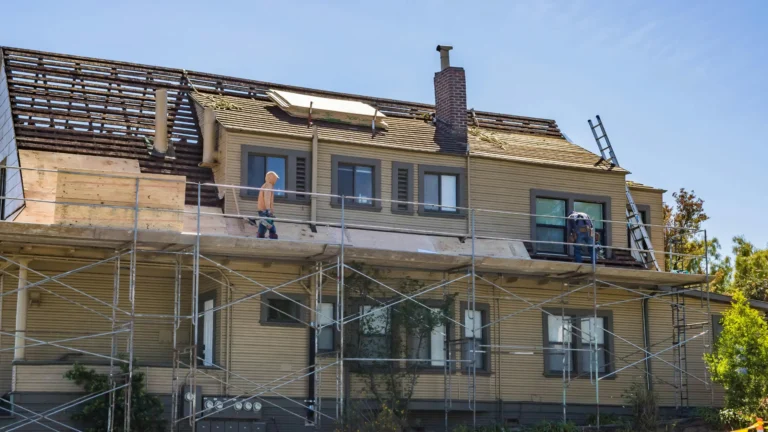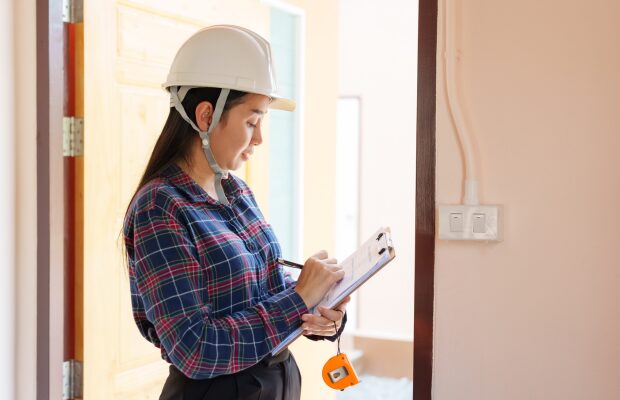Adding home improvements should ultimately be about making your property work better for you.
But it also pays to have one eye on the future and how much value the work you do is adding – especially if you’re not planning to stay in your home long-term.
And while many home improvements will add value, there are some that often don’t.
“Making home improvements is high on the priority lists of many homeowners,” says Rob Smith, Managing Director of Ellis & Co.
“But it’s important to think about how the work you do will benefit you through added value as well as improving your property in the here and now.
“Some home improvements can be extremely niche, meaning buyers may be put off.
“But the issue with many is also timing – spending big when renovation costs are high and property prices aren’t naturally rising may result in a loss when you come to sell.”
The renovations that don’t necessarily recoup their cost by adding enough value to your home include:
1. Building an extension
While many extensions will add value, not all add enough value to make them worthwhile.
At the time of writing, the cost of building materials had increased by 25% in 2022.
Shortages of materials, coupled with high demand from homeowners, mean the average extension quote has increased hugely – with some quotes made further in advance changing before work starts.
And with property price growth predicted to slow throughout 2023, some extension projects may not add enough value to cover their cost.
2. Removing a chimney breast
Removing a chimney breast can create more space and more space often results in more value.
However, if you’re lucky enough to live in a London period property, there are other factors you should consider before removing a chimney breast.
If removing a chimney breast means losing period features in your home, such as a Victorian or Edwardian fireplace, this could affect its saleability – and what buyers are prepared to pay for it.
Removing a chimney breast is also an expensive renovation – cash that you’re unlikely to recoup through added value.
3. Removing a conservatory
Conservatories can be great ways to add extra square footage to a property, so removing one in good condition could certainly devalue your property.
However, if your conservatory was built decades ago and has seen better days, you could actually increase your property’s value by removing it.
Conservatories that add value are:
- Modern and well-built
- Usable during all seasons – not too cold in winter and too hot in summer
- In place for a reason, such as a dining space
- Conservatories that could reduce your property’s value are:
- Old, with a dated décor
- Unusable during cold or hot months
- Using up space that could make your garden bigger or be used for an extension
4. Hobby conversions for cinema rooms, gyms, or libraries
How you use your home as a leisure space may be completely different to how a buyer would use it.
So, while converting rooms into spaces like cinema rooms, gyms, or libraries may work for you, it could devalue your property in the eyes of a buyer.
If you choose to sell, it could pay to convert rooms like these back to their original use.
If you’re using a spare bedroom as a leisure space, doing this could help to increase your property’s value.
This will make your home more appealing to a wider number of buyers and help them to visualise how they’d use your home if they were to buy it.
5. Removing the bath
In recent years, interior trends have moved towards wet room spaces and ‘shower-only’ bathrooms.
This has seen many homeowners remove their bathtubs – something that could potentially devalue properties in the eyes of some buyers.
A family bathroom that includes a tub is often seen as an essential space for buyers with young children, for example.
6. Reducing parking and converting a garage
Converting your garage into additional inside space is a big decision.
And, depending on what any potential buyer is looking for, it could add value to your home or reduce it.
Before converting your garage space, consider:
- How much on-street and off-street parking you’ll have once the garage is converted. Is it enough for potential buyers?
- How much space you have inside your home and the amount of additional space a garage conversion would add. How would buyers use this space?
7. Adding a swimming pool
There’s no doubt that home swimming pools are a luxury feature and will appeal to certain buyers.
However, in the UK, outdoor pools are only useable for around four or five months per year and can be susceptible to damage during stormy British winters.
Indoor swimming pools can be used all year round, but running costs and maintenance for all pools can put many buyers off.
And if a buyer is factoring in the cost of removing a swimming pool, any offer they’re prepared to make is likely to strip major value from your property.
8. Built-in electronics
While the idea of built-in sound or home entertainment systems may appeal to some buyers, most will initially be looking at your property’s functional and practical features.
Built-in systems like these can be expensive, too, with some home cinema installations costing in the region of £20,000.
That’s cash you’re unlikely to recoup from added value and systems like these can also deter certain buyers, limiting your reach if you choose to sell in the future.
9. Installing a wine cellar
Many London period homes have basements and installing a wine cellar can be a popular way to utilise this space.
However, while a cellar packed full of high-quality wines may seem luxurious, unless your target buyers share your passion, it could be an addition that ends up costing you more than you get back in added value.








